INDUSTRY
Labour reforms soon as 90% of States ready with draft codes, says Bhupender Yadav
- IBJ Bureau
- Apr 28, 2022
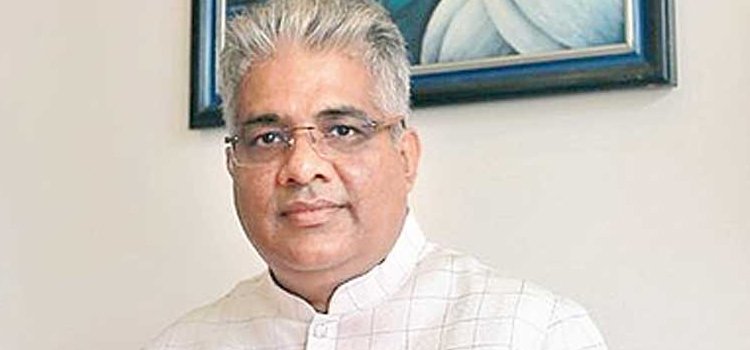
Union Labour Minister Bhupender Yadav exuded confidence on Wednesday that four labour codes, which would bring another wave of reforms, would soon be implemented as around 90 per cent of States had already come out with draft rules. In 2019 and 2020, 29 Central labour laws were amalgamated, rationalised and simplified into four labour codes, viz, the Code on Wages, 2019; the Industrial Relations Code, 2020; the Code on Social Security, 2020; and the Occupational Safety, Health and Working Conditions Code, 2020, noted the Survey.
During an interaction, Mr Yadav told reporters that around 90 per cent of the States had already published draft rules on four labour codes, and he expected the four laws to become operational soon.
The new laws are in tune with the changing labour market trends and, at the same time, accommodate the minimum wage requirement and welfare needs of the unorganised sector workers, including the self-employed and migrant workers, within the framework of legislation.
The Central government has also pre-published the draft rules for all four codes. Now, States are required to frame regulations on their part as labour is a concurrent subject. Labour is in the Concurrent List of the Constitution and under the Labour Codes, rules are required to be framed by the Central government as well as by the State governments.
The Central government has notified four labour codes, namely, the Code on Wages, 2019; the Industrial Relations Code, 2020; the Code on Social Security, 2020; and the Occupational Safety, Health and Working Conditions Code, 2020 on September 29, 2020.
However, the Centre as well as States are required to notify rules under the four codes to enforce these laws in respective jurisdictions. Under the Codes, the power to make rules has been entrusted to the Central government, State government and appropriate government agencies, and there is a requirement for publication of rules in their official gazette for a period of 30 or 45 days for public consultation.


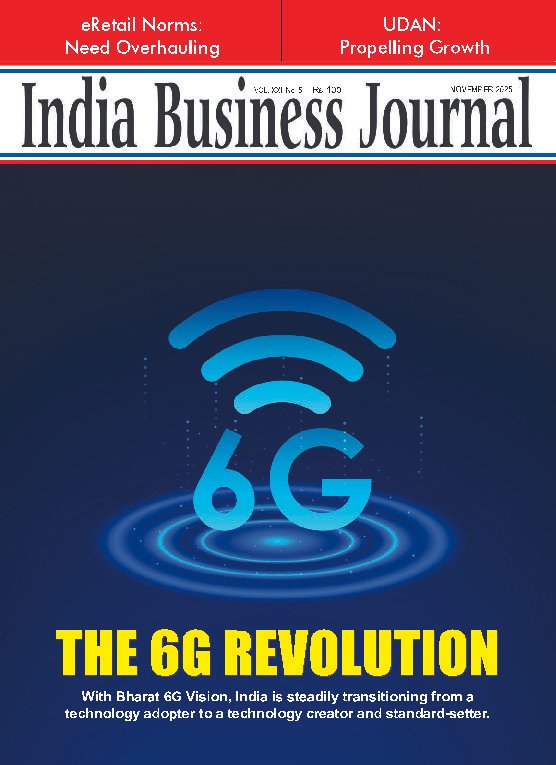

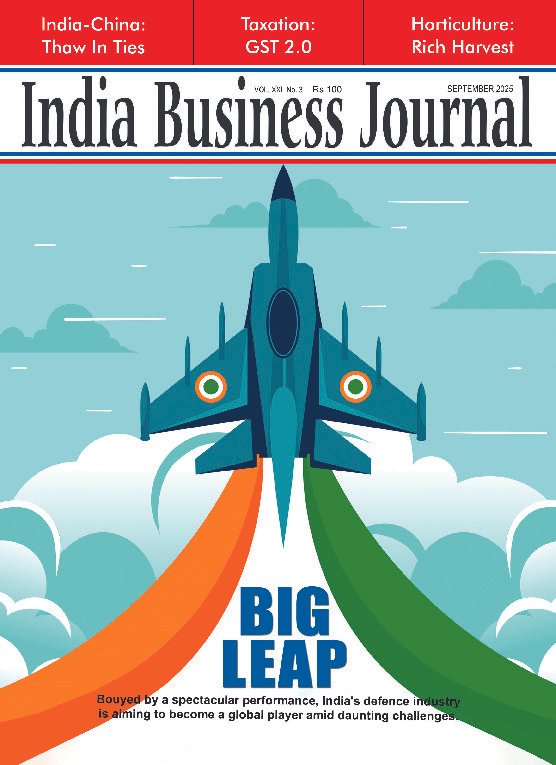







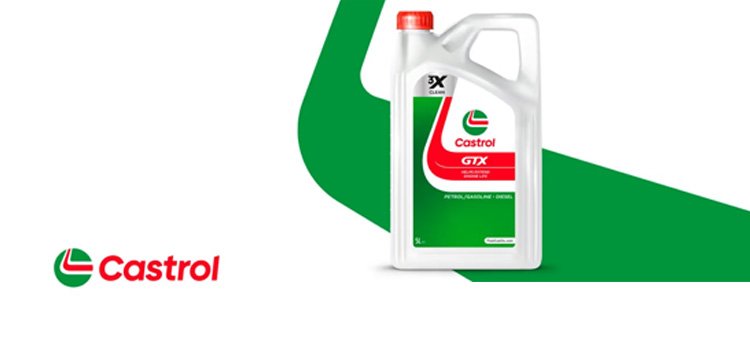


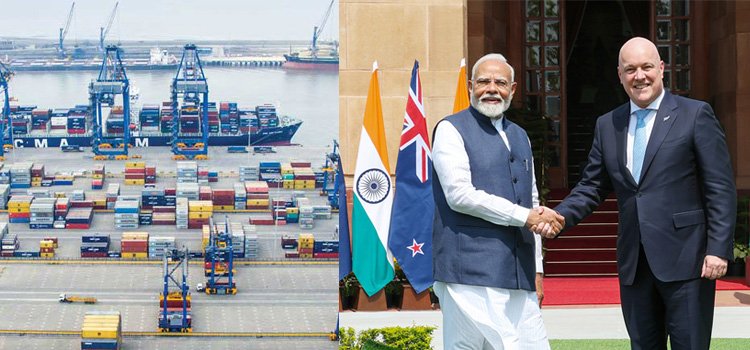





Report By
View Reporter News